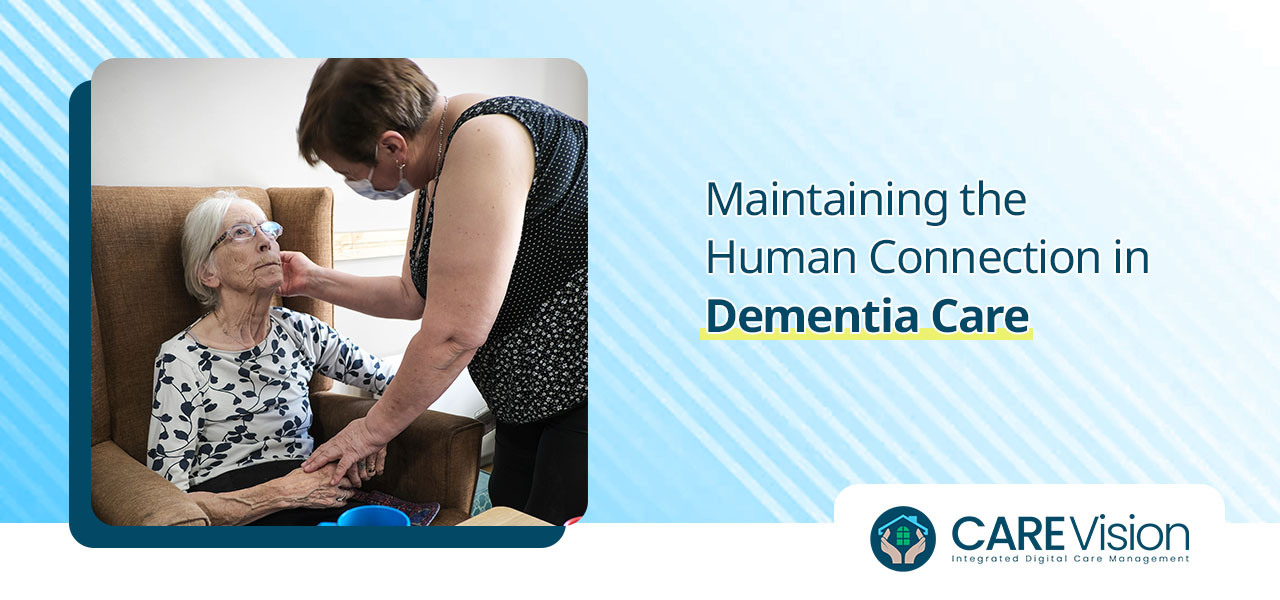National Transplant Week is usually observed during the first full week of July, and this year was no exception. The annual event aims to not only raise awareness of the challenges faced by those living with transplanted organs, but also to encourage people to register as organ donors.
Organs and tissues that can be donated after death include the liver, kidney, heart, lung, pancreas and corneas. Consequently, there are many people alive today thanks to organ transplants. As people get older, or require more complex care and support, living with an organ transplant can become harder to manage. Here are some ways to help your care home residents cope.
Diet and nutrition
People who have had an organ transplant usually need to eat little and often, in order not to put pressure on their body as it recovers and adapts. It is very important for transplant patients to eat food that is high in calories and protein, such as yoghurts, cheese, buts, lean meats and eggs. Supplement drinks or shakes can also sometimes be prescribed. Use your Care Vision care management system to create suitable menus and monitor people’s nutritional and fluid intake. This enables you to keep a closer eye on what people are eating and drinking and how it is affecting their physical health, post-transplant. Ensuring adequate fluid intake is especially important, as dehydration can be dangerous, especially during the hotter summer months.
Weight and exercise
Care Vision also contains a tool to help carers monitor people’s weight and to highlight when weight gain or loss may indicate problems, including those related to post-transplant reactions. It can be quite common for people to gain weight after receiving a transplant, especially if they have been prescribed steroids or are reluctant to exercise. Healthy exercise is vital for all care home residents, but especially those living with a transplanted organ, as it helps the body remain as strong as possible to aid in recovery and post-transplant life. Always go at the person’s pace and build up exercise slowly.
Infection control
People are often prone to infections after a transplant, as the body can find it harder to fight them off. Most can be treated with antibiotics and rest; however, some may need more complex treatment. Use Care Vision’s resident’s record function to note down a full medical history and the eMAR system to plan and monitor medication being taken to combat infections and boost the immune system. All of this should be carried out on top of the care home’s normal infection control processes and procedures.
Emotional wellbeing
Receiving a donor organ brings with it a huge range of emotional responses, from joy and gratitude to anxiety and guilt. Medications can sometimes also have side-effects that affect the patient’s emotional mood and wellbeing. It is vital that the person’s mental health is supported by care home staff, as well as friends and family who should be encouraged to visit as often as they can. External specialists who can also visit the care home to offer help and support include transplant nurses.
Problems and emergencies
One major emergency that springs to mind when it comes to organ transplants is the prospect of the donated organ failing, or the recipient’s body rejecting it. This happens when the person’s own immune system identifies the new organ as a foreign object and begins to attack it. In this case, immediate emergency medical help is required. Carers should learn to spot signs of organ rejection, which can include fevers, unusual fatigue and tenderness or pain in the affected region. This will allow them to can spot and report any concerns quickly during their regular care and medication rounds. Medication regimes must be followed strictly to try and prevent this from happening.
Sharing information
Organ donation and transplantation is a complex and difficult subject. If you have people in your care home who would like to learn more, why not hold an information afternoon? Invite your local transplant nurse to come and answer questions. You may also find that residents are willing to share their own stories too, either as a transplant recipient, or to talk about the process of registering on the organ donor list.






